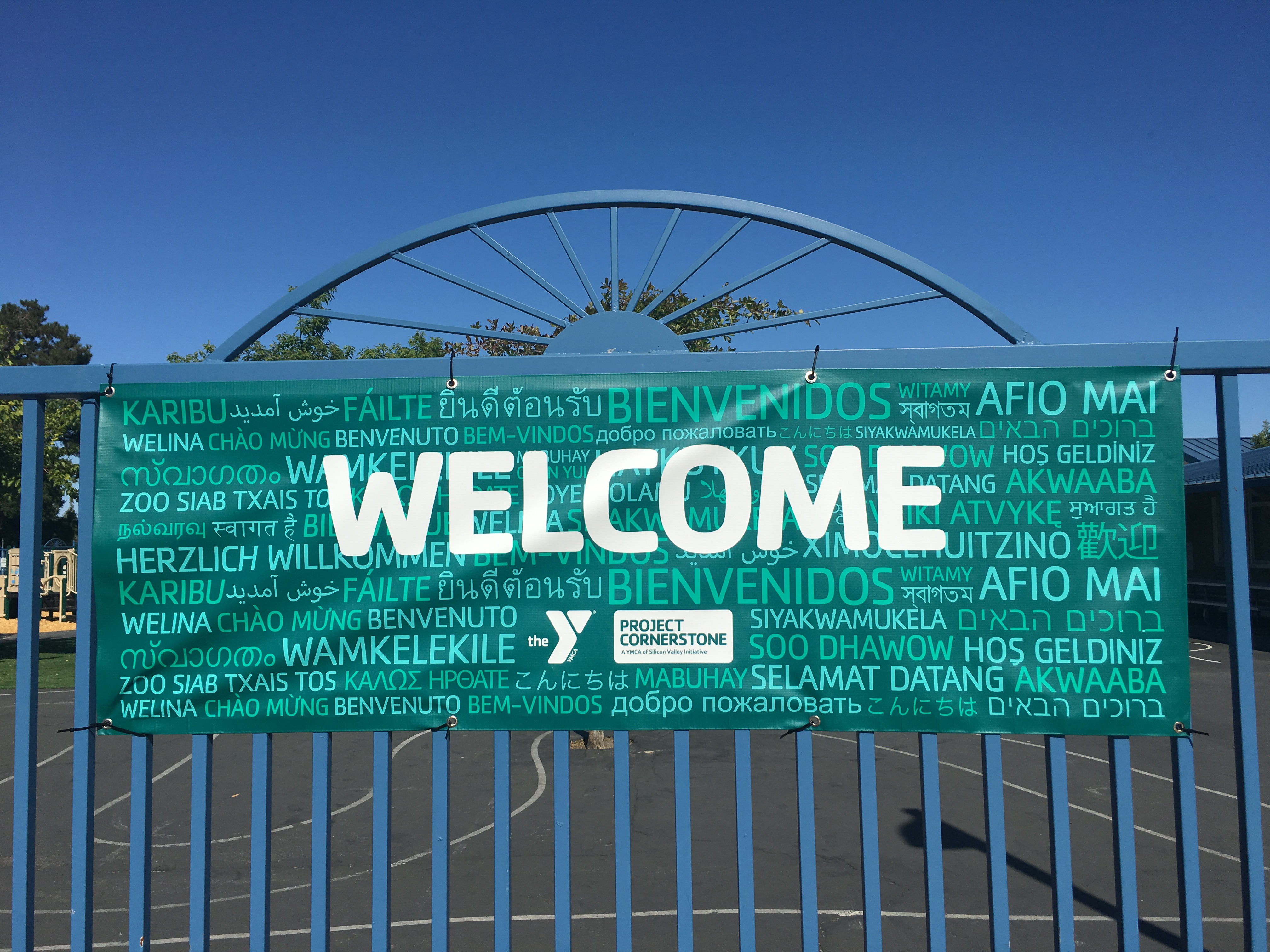Let's Do Lunch: Students Inspire Changes
Continuous Improvement efforts lead to more food options and eco-friendly practices

CUSD values student feedback in improving their school experience. When students suggested enhancements for school lunches, we listened: “More salad bar options,” “Reduce waste,” “Use less plastic,” “Healthier meals.”
We’ve implemented many of these ideas, except when limited by costs or federal regulations.
“Sometimes, I think students expect school meals to taste like what they get at McDonald’s or KFC,” said Superintendent Shelly Viramontez. “That’s probably not going to happen since our meals are healthy and meet strict USDA dietary requirements that limit salt, sugar, and trans fats. Sellers of fast food and convenience snacks don’t have these restrictions.”
Each day, CUSD’s Child Nutrition team prepares 3,800 lunches, 2,000 breakfasts, and 650 after-school meals, many from scratch, in our Central Kitchen. Here are some of the requirements our meals must meet:
- Milk: Only fat-free (skim) or low-fat, must be offered at every meal
- Fruits: One cup daily, five cups weekly
- Grains: 80% whole grain-rich, offered at every meal
- Sodium: Breakfast under 540 mg, lunch under 1,110 mg
- Trans Fat: Zero grams per serving
“Our goal is to provide healthy, tasty meals that support student success,” said Benny Calderon, Child Nutrition Department Manager.

Beyond the menu, students learn about nutrition through fun programs like Tasty Tastings, on-campus Farmer’s Markets, and cooking competitions. We’ve also hosted menu option tastings to have students provide input on potential menu items.
In response to students’ requests to be more eco-friendly, the department increased its recycling efforts, and is taking additional steps to reduce plastic waste and promote sustainability. By the end of September, all school lunch lines will offer compostable utensils, and by late October, large condiment dispensers will eliminate the need for individual condiment packets.
“Our students are our primary clients, and we value their input—not only about meals, but on all aspects of their school experience. While we may not be able to implement every suggestion, when possible, we do,” Viramontez said.

